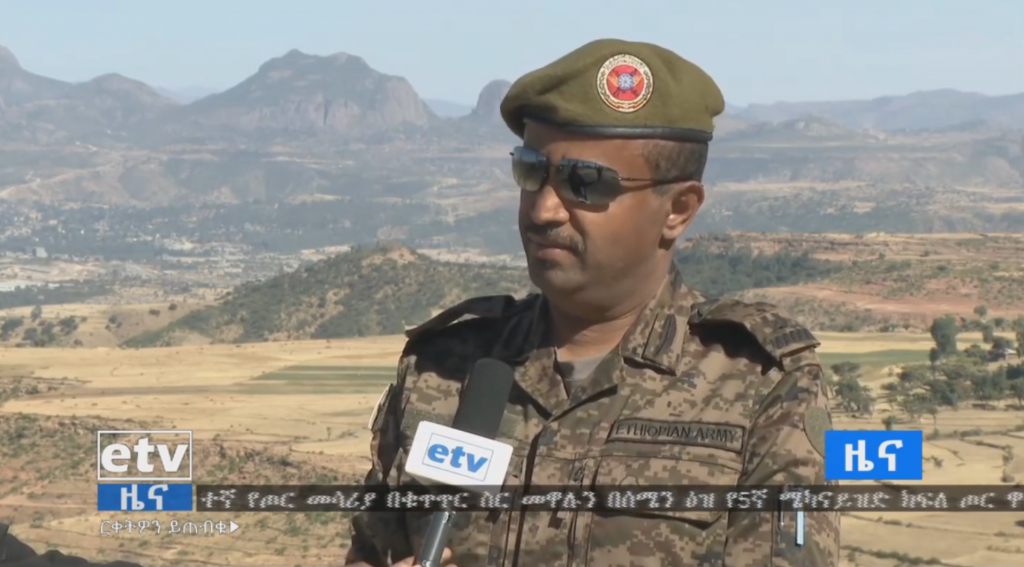“Point of No Return” For Imminent Siege of Tigray Capital
Ethiopia’s Prime Minister Abiy Ahmed declared a 72-hour deadline on Sunday for Tigray People’s Liberation Front (TPLF) fighters in the city of Mekelle to surrender, after which the Ethiopian National Defense Forces (ENDF) would mount an assault on the regional capital.
In a press statement uploaded on his Twitter and Facebook accounts, the Prime Minister wrote that “we are now in the final stages of the law enforcement action”, urging TPLF forces to “surrender peacefully within 72 hours, recognising that you are at the point of no return”. The statement also accused retreating TPLF forces of having destroyed the Axum airport among other infrastructure.
The ultimatum follows earlier statements to the state-run Ethiopian Broadcasting Service by the ENDF that civilians in Mekelle should flee while they still can.
In a television appearance, ENDF spokesperson Colonel Dejene Tsegaye said:
“The next phases are the decisive part of the operation, which is to encircle Mekelle using tanks, finishing the battle on mountainous areas and advancing to the fields.
We want to send a message to the public in Mekelle to save themselves from any artillery attacks and free themselves from junta.
The junta is now shielding itself within the public and the public must isolate itself from the junta. After that, there will be no mercy.”
Talk of “no mercy” is especially concerning given reports of a mass killing of civilians in the town of Mai-Kadra, in the South West Zone of the Tigray region. Amnesty International reports that “scores, and likely hundreds” of day laborers in the town were stabbed or hacked to death on the night of 9 November, ahead of the retreat of TPLF fighters from the town after it was encircled by the ENDF. While Amnesty International has not been able to identify the perpetrators, witnesses claim that survivors told them that the attackers were from the Tigray Special Police Force and other TPLF members.
The New Humanitarian also reports witness accounts from refugees accusing ENDF troops and allied Amhara militias of attacking fleeing civilians, and attempting to block them from crossing the border into Sudan.
With a communications blackout in place in the Tigray region ever since fighting began on 4 November, it’s questionable if the civilians all this messaging is directed at have been able to receive any of it at all. And even if they did, it’s an open question as to where they would even be able to escape to, especially given the chaotic nature of urban warfare.

